The World Law Congress started its 27th edition with an innovative format that includes the celebration of 14 online opening sessions, as prelude to the most important international legal event. These monthly opening sessions will take place from different cities around the world. The first one, «Will the Rule of Law Survive in Europe?», was organized by María Eugenia Gay, WJA President for Spain and Dean of the Barcelona Bar Association, institution that virtually hosted the event celebrated on July 7, 2020. The Panel followed the institutional ceremony (https://www.youtube.com/watch?v=iJrToSZOrdo&t=136s) that inaugurated this On-Going Congress that will culminate with face-to-face panels in Cartagena de Indias, on November 17 and 18, 2021.
Viviane Reding, Vice-President of the World Law Foundation and former vice-president of the European Commission, chaired the debate. It focused on giving an answer to what can be done when national constitutions, European treaties and the Charter of Fundamental Rights of the EU are questioned. In this respect, Reding remarked that «even in a solid constitutional environment, the rule of law is not free from risk, (…) in Europe we have to stand up to protect our values». She also expressed concern about «the challenges to the rule of law in some European countries, such as Poland and Hungary, where they are dismantling fundamental aspects such as the independence of judges and the freedom of expression of the media».
Rainer Arnold, member of the Advisory Council of the World Law Foundation and professor at the University of Regensburg, stressed that «the rule of law is anthropocentric; it recognizes and emphasizes that the ultimate purpose of law and constitutional law is to protect individuals, taking into account that the constitution must be based on the recognition of human dignity as a supreme value and its twin principle, which is freedom». He added that «the rule of law is always linked to democracy as an essential element of people’s freedom, to jointly determine policy, decisions affecting our lives and destinies through daily participation in politics».
François Biltgen, judge of the European Court of Justice and Luxembourgish former politician who served in different ministries, defined the European Union as «founded on the values of democracy, the rule of law, freedom, human dignity and respect for human rights, including those of minorities». He further recognized that, when conflicts occur, «the primacy is of the European Union, both in the application and in the interpretation of the law, which improves unity by giving more legal stability and strengthening the union of member states».
André Alen, President of the Constitutional Court of Belgium, said that the Court of Justice «is the guardian of the European treaties» and added that there is a significant interaction between courts; «European courts and national constitutional courts are not opponents, but should be considered as natural allies when it comes to protecting fundamental rights». Despite this, he stressed that the relationship between the Court of Justice and the constitutional courts is not free of friction and, although they are limited, priority should always be given to the one that protects rights the most».
Polish Prime Minister (1992-1993) Hanna Suchocka, also Founding Trustee of the World Law Foundation, stressed the necessity to «deepen and discuss the relationship between EU legislation, national legislations and, especially, the relationship between two institutions such as the European Court of Justice and national courts». She said that «we need a more in-depth discussion of this issue because otherwise it could lead to a reduction in the standards of the European rule of law».
The panel was closed by Marie-Aimée Peyron, dean of the Paris Bar Association (2017-2019), who criticized that «when a political power wants to attack democracy or the rule of law, above all, it first attacks lawyers, journalists or judges, among others, and we know, unfortunately, that this does not only happen outside Europe, but also in some European countries».
FULL SESSION: https://youtu.be/iJrToSZOrdo
SUMMARY SESSION: https://youtu.be/qtjiYh1Uzm4
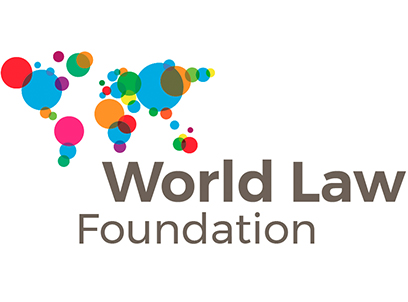

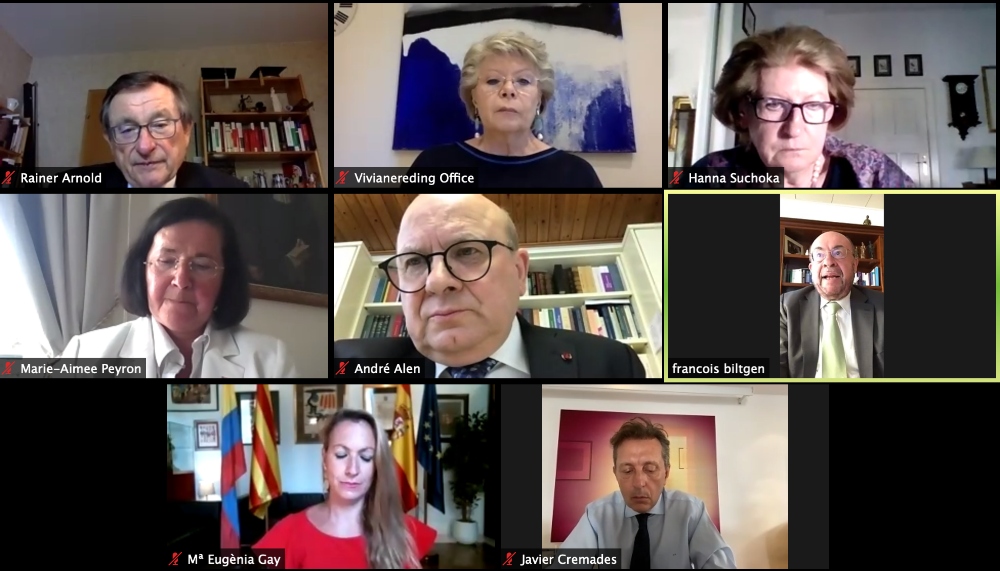
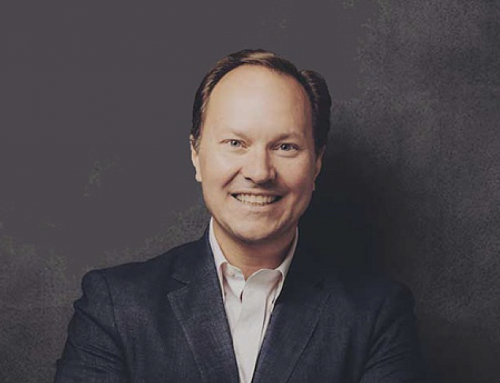
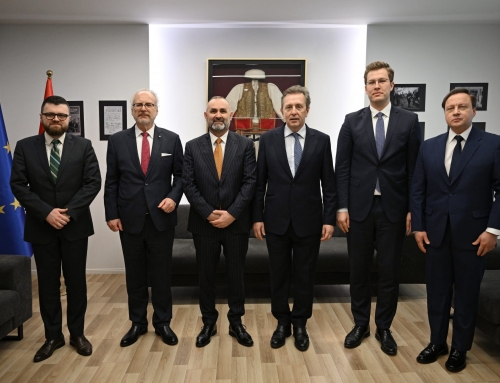
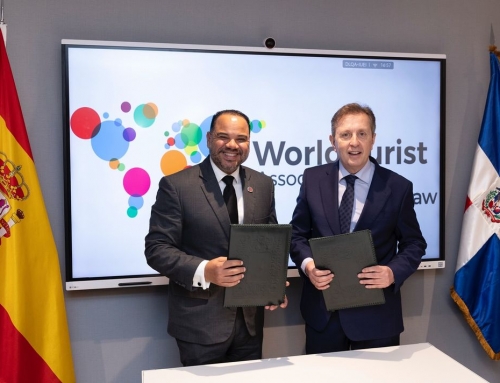
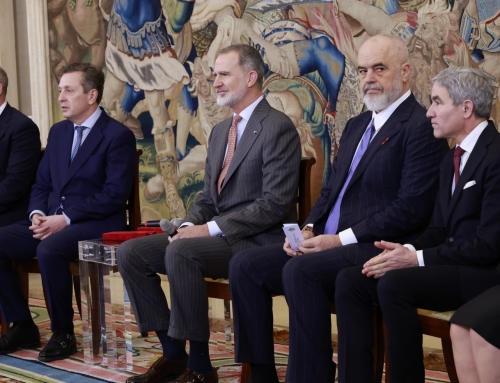
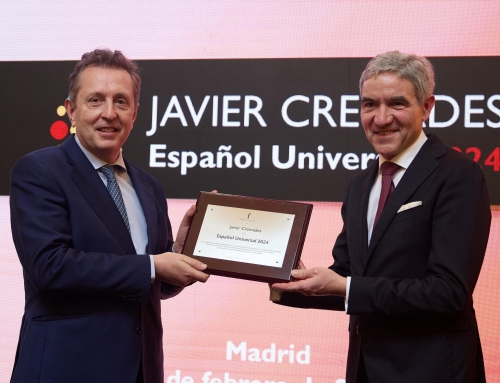
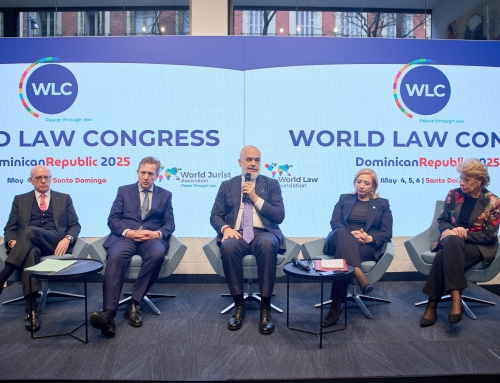
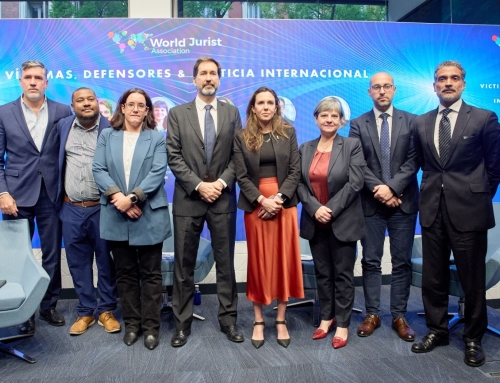

Leave A Comment